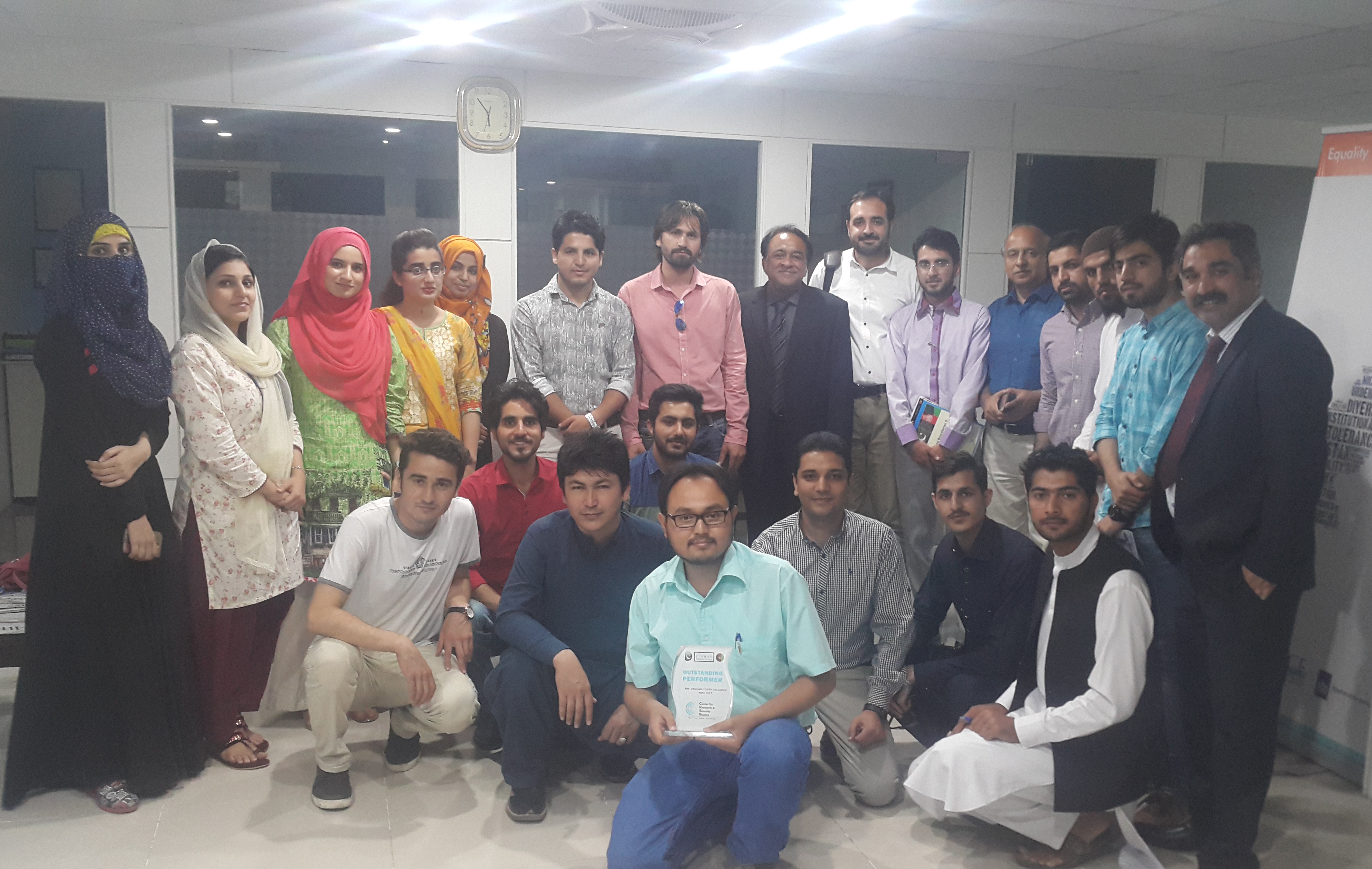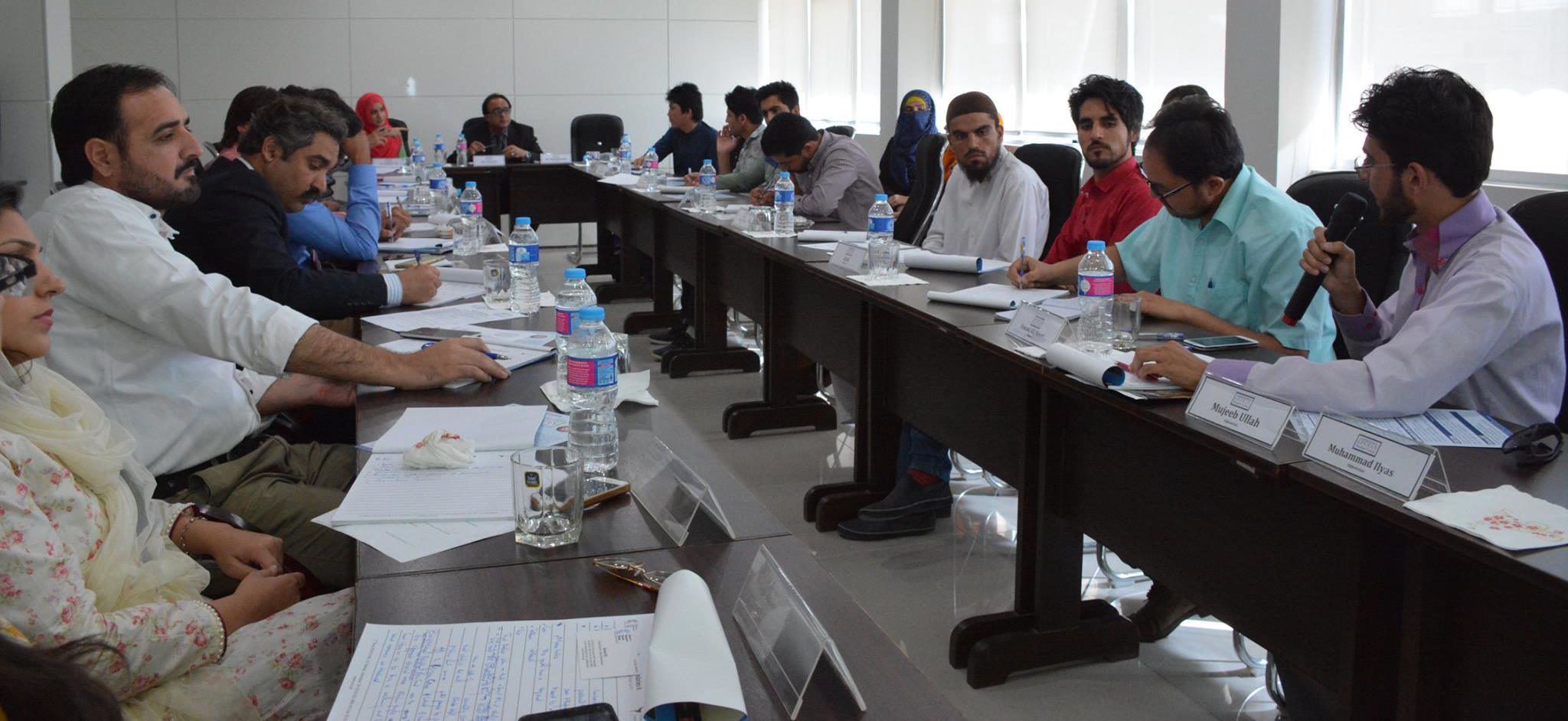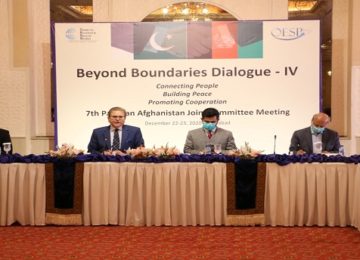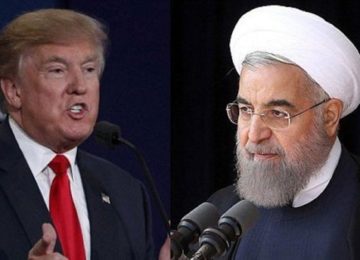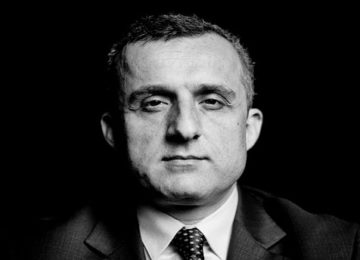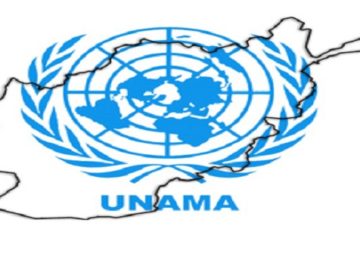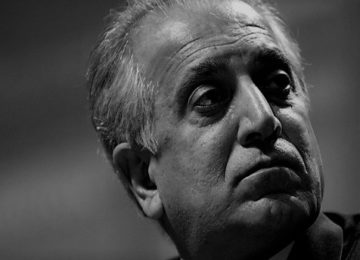Pak-Afghan Youth Dialogue Session One
May 18, 2017, Islamabad.
The Center for Research and Security Studies held its first Pak-Afghan Youth Dialogue under its newly undertaken initiative – the Afghan Studies Center, at its head office in Islamabad on Thursday, on May 18, 2017. It was attended by 20 participants, some of who traveled from Karachi, Bajaur Agency and Peshawar to participate in this dialogue. Mr. Imtiaz Gul, CRSS Executive Director, Mr. Mian Sanaullah, former Ambassador and advisor at CRSS, Mr. Aized Ali, Project Director of CRSS’ Pakistan-Afghanistan Track 1.5/II project Beyond Boundaries and Sitwat Waqar Bokhari and Saddam Hussein, editors at Afghan Studies Center, represented CRSS.
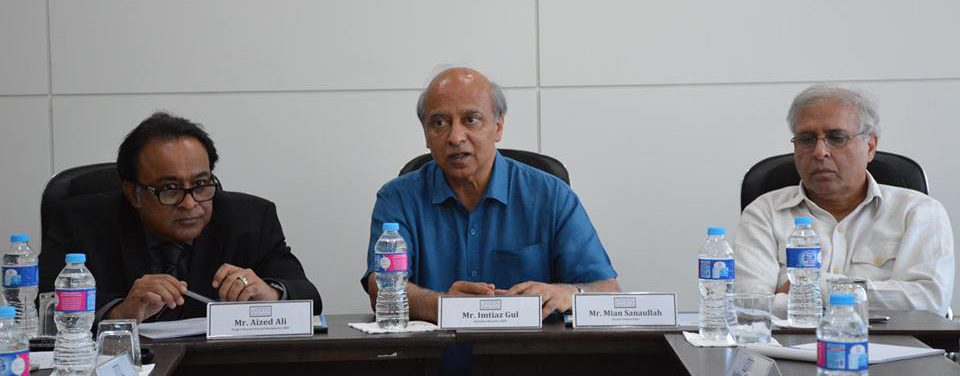
The dialogue began with Mr. Imtiaz Gul welcoming the participants in his opening remarks and highlighting the importance of youth forums to serve as a bridge between the people of both countries and in mitigating the rising hostility in recent years. Mr. Aized Ali further informed the participants about CRSS’ Pakistan-Afghanistan Track 1.5/II Project Beyond Boundaries which comprised of a total of 12 meetings, 6 each in Pakistan and Afghanistan, between parliamentarians and civil society members from both countries. He stated that the idea of the Afghan Studies Center emerged from the engagement with the youth during Beyond Boundaries’ members’ visits to universities in both countries.
Mr. Mian Sanaullah next welcomed the participants and expressed his optimism in the youth of both countries to take forward the message of peace.
A short video of a cultural event featuring singers from both countries hosted by CRSS in Islamabad in Beyond Boundaries’ last meeting was shown to the participants.
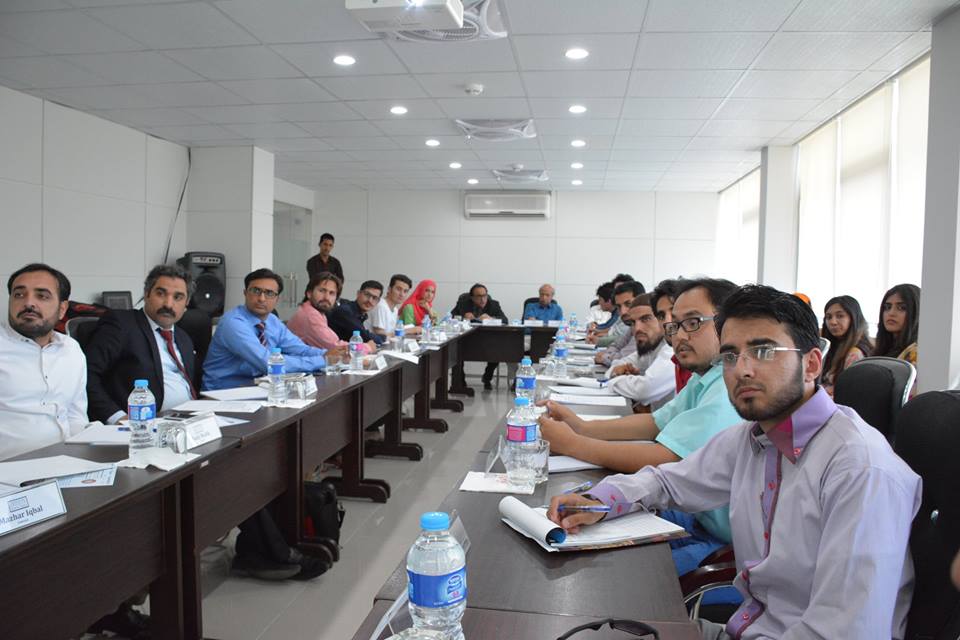
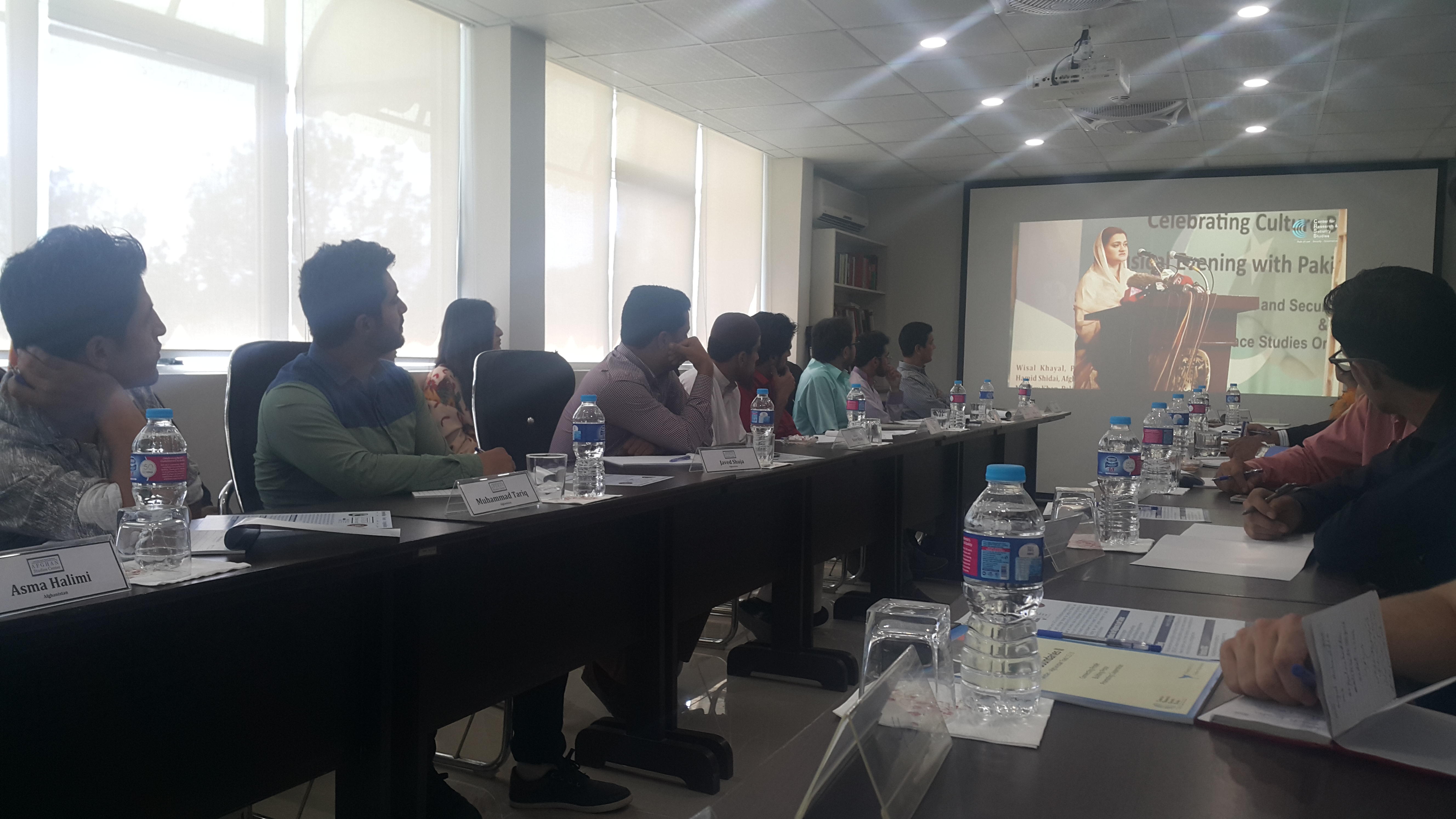
Sitwat Waqar Bokhari, who was moderating the session, introduced the theme “Understanding Pak-Afghan Trust Deficit: The Role of the Youth in the Way Forward” to the participants and opened the floor for discussion. The discussion began with participants from both sides sharing their insightful views on the theme and the role of the youth in peace-building efforts between the two countries. The participants appreciated the efforts of the Center for Research and Security Studies for providing the youth of Pakistan and Afghanistan the platform to engage in constructive discussions to bridge the increasing gap between the two peoples.
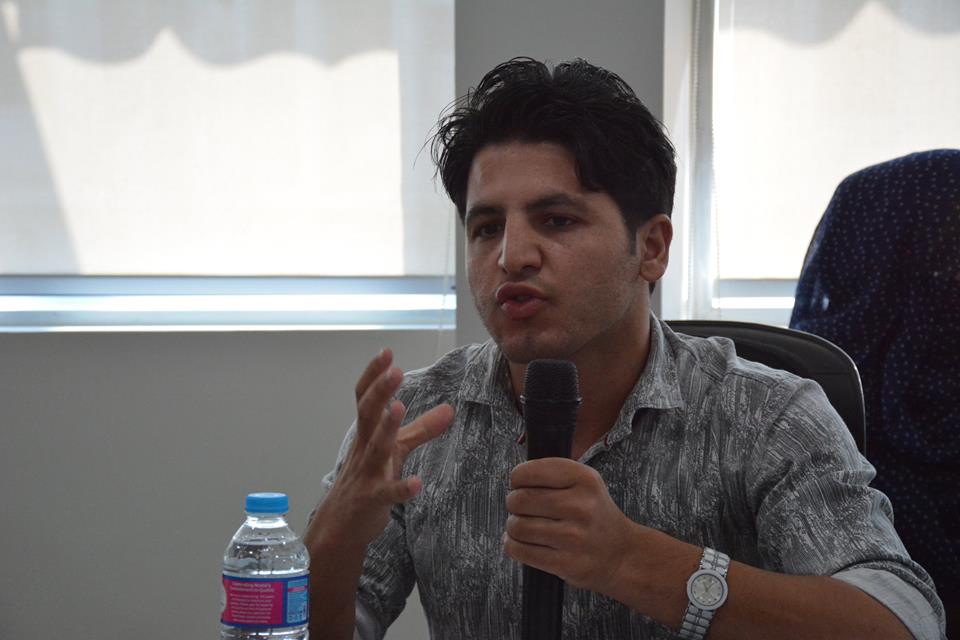
Muhammad Ilyas, a 23 year old Afghan student at Quaid-i-Azam University, Islamabad, was of the view that while history cannot be ignored, it is time the youth look towards the future for opportunities to create a peaceful environment.
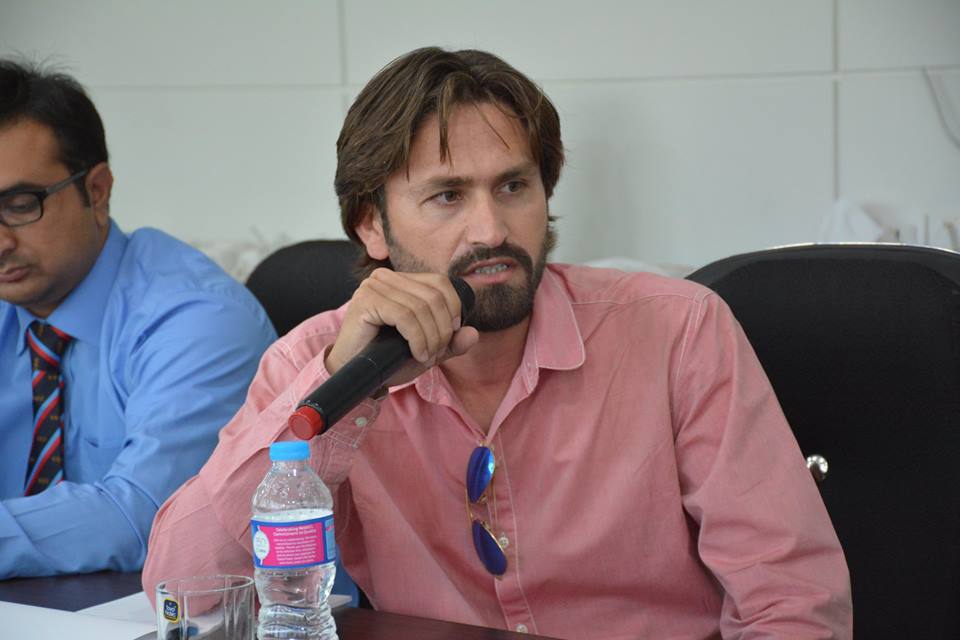
Jehanzeb Wazir, a Pakistani participant and student of MPhil in Pakistan Studies at Quaid-i-Azam University, suggested the need for expanding the bilateral trade despite the existing grievances in the hope of normalizing the relations. He gave the example of India and China and stated that the two, despite their tensions, engage in trade with each other. Agreeing with his Afghan friends, he said that we cannot neglect our history but we have to focus on our future as well.
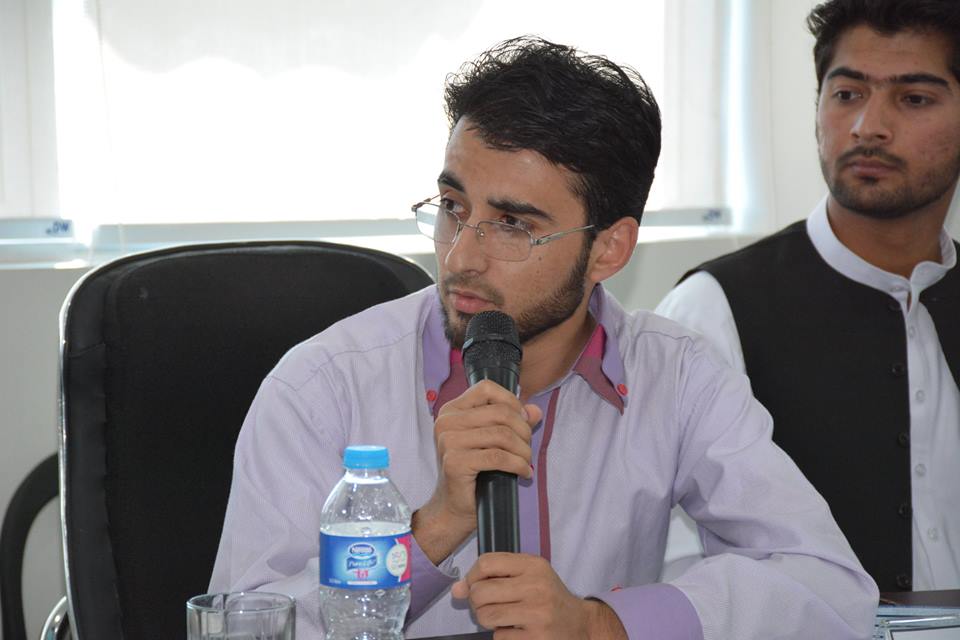
Ejazullah Ateed, a 23 year old Afghan student at International Islamic University Islamabad and a journalist by profession, lamented on the negative role being played by the journalists and the media in general on both sides in creating mistrust and misunderstandings. He suggested that it is the responsibility of the youth to be rational and stay informed by exploring literature on their own rather than relying on the media as their main source of information.
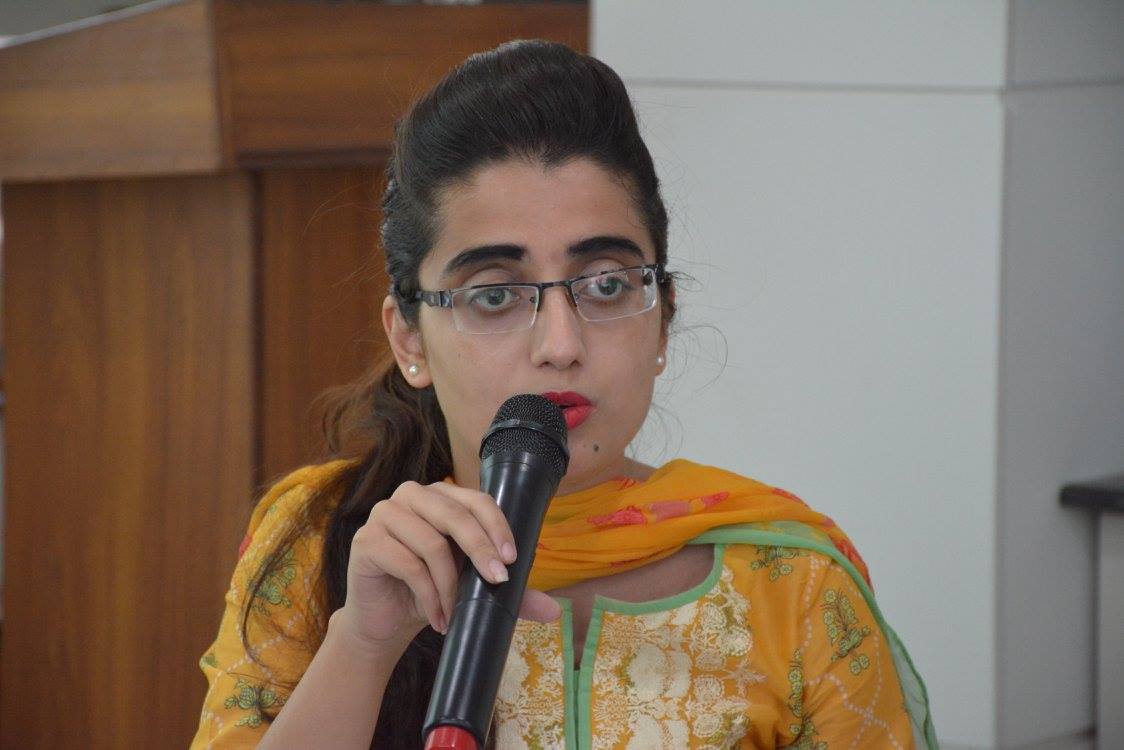
Poshmala Nadeem, a 23 year old PhD candidate at NUST, stated that the realization that there is a trust deficit is a solution in itself. The fact that young Afghans were sitting across young Pakistanis in a forum to discuss the way forward was an encouragement for the youth of both countries, she said. She also shared her observation that while state to state relations have been bad, the people to people relations between Afghanistan and Pakistan are much better in comparison.
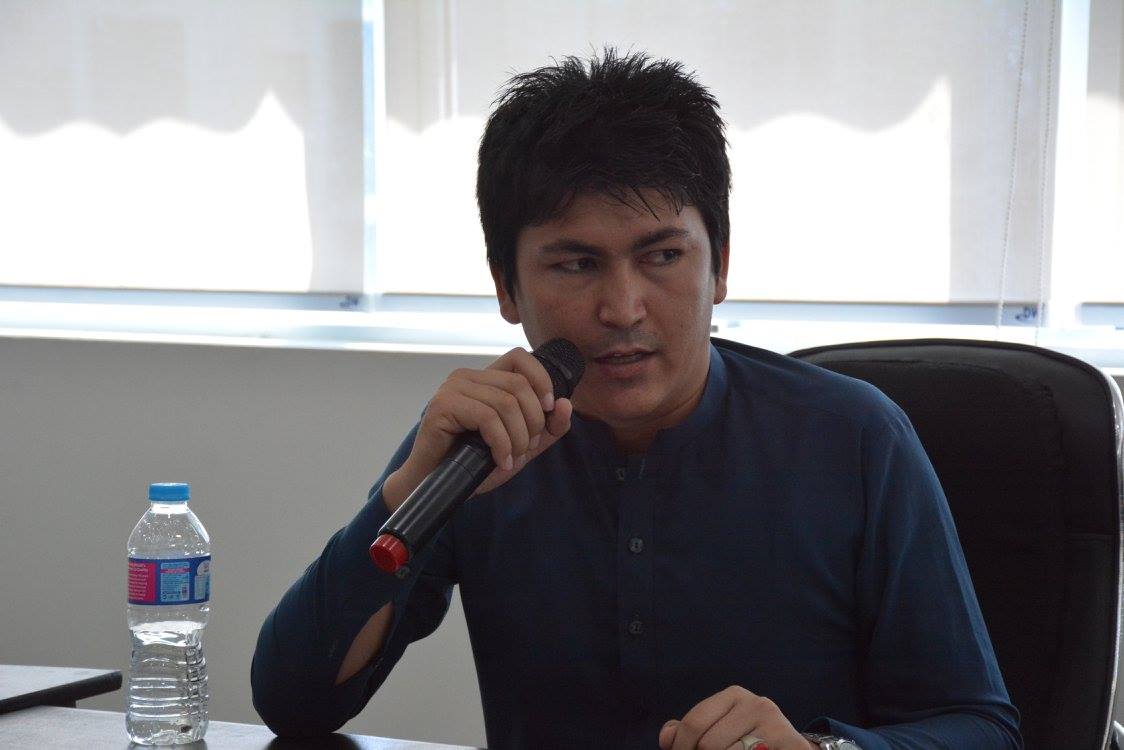
Mehdi Hassan, a 28 year old Afghan student at Agriculture University, said that organizing dialogues and youth’s participation is an indicator that the youth needs a solution to the stalemate in Pak-Afghan relations.
Muhammad Yunus Khan, a Pakistani Participant and a researcher by profession, stated that as Afghans and Pakistanis have been intermingling with each other since years, it shows they can live together peacefully. He also pointed out that Pakistani anthem is in Persian which is one of the major languages in Afghanistan and which depicts the various commonalities that exist between the people of both countries.
Another Afghan participant added that, as he had seen both the countries, he found that it was unfortunately not the real and authentic history that was taught on both sides. Fazli Malik, a Pakistani participant and a social worker in FATA, also stressed on the negative role being played by the media, stating that media anchors reporting and analyzing the stories about these far flung areas have never visited Afghanistan or FATA themselves.
The recommendations that emerged from the discussion included focusing on the commonalities between the two countries, such as recalling that Khushal Khan, Ghani Khan and Rehman Baba are the mutual heroes of both nations. In addition, musical and cultural exchanges be given more emphasis.
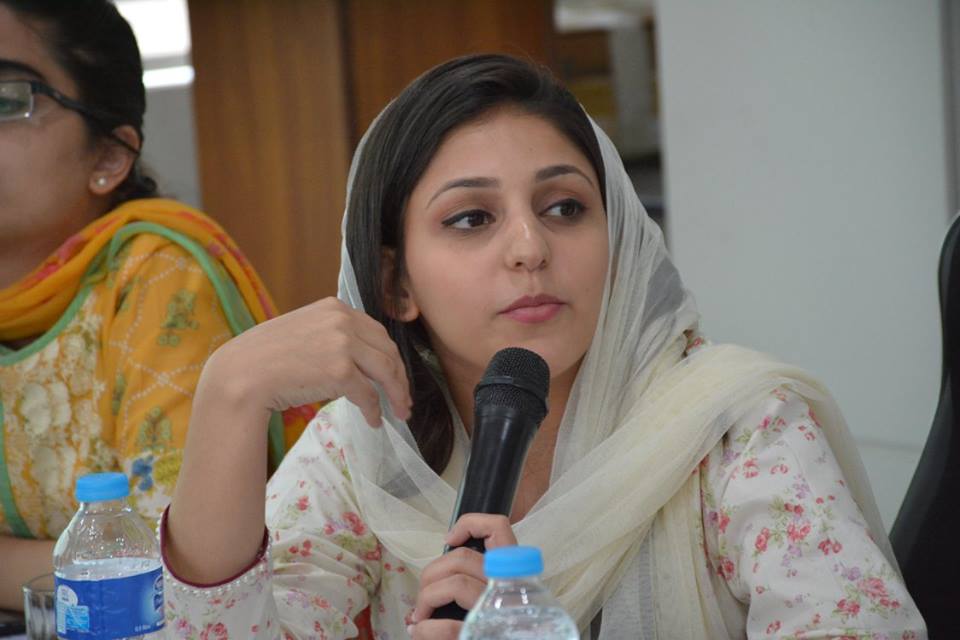
Both Afghan and Pakistani participants also stressed on the need for student exchange programs so youth on both sides can visit each other’s country and change perceptions. Ayaz, an Afghan student from Quaid-i-Azam University, emphasized on the role of education in improving the understanding between the youth of Pakistan and Afghanistan to which Mr. Aized Ali recalled that there were many scholarship programs being offered by universities in Pakistan, such as by LUMS, IBA, and others, which will be communicated with the participants so they or their friends can apply for them. In addition, he also mentioned the internship program that the Center for Research and Security Studies offers for Afghan nationals that they could apply for. Some participants also suggested an active role of the youth on the social media in changing the narratives from negative to positive. All participants in the end agreed that patience is must. However, healthy discussions should be promoted instead of indulging in blame games.
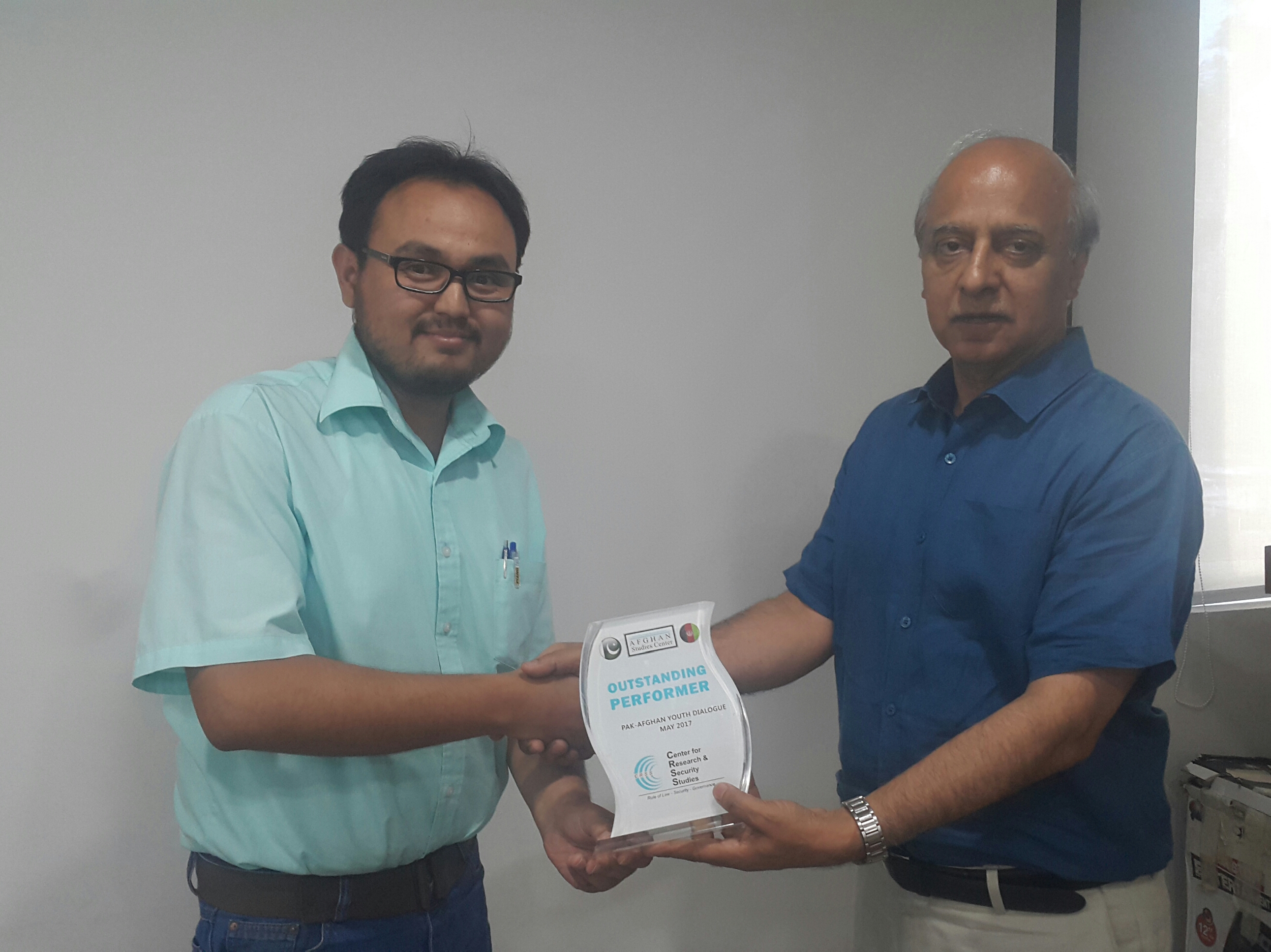
At the conclusion of the discussion session, the participants were given a questionnaire to fill out while Mr. Aized Ali designated Mr. Fawad Ali Noori, from Afghanistan, as Pak-Afghan Youth Ambassador based on his active performance and interest in improving the relations between the two countries. He received an honorary shield from CRSS Executive Director.
The session ended with a group photo and an announcement that the next session will be held in July.
